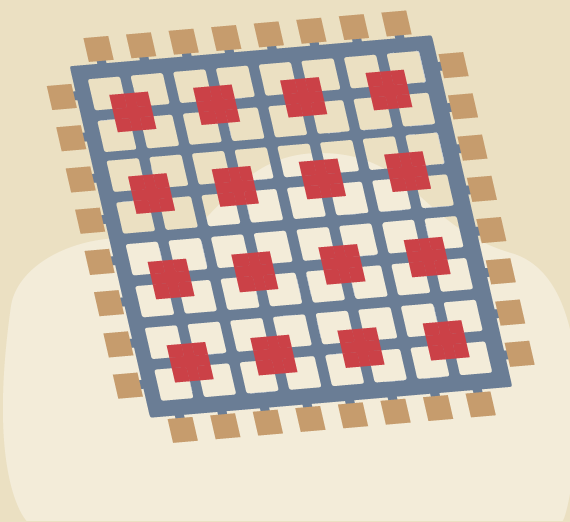
The systems at the heart of most AI, cloud computers, and smart devices are built using special chips called field programmable gate arrays (FPGAs). Designing these systems involves using a variety of tools to write and optimize the code, dividing the system into different parts, placing them on the chip, ensuring that everything is connected properly, testing and programming the system onto the chip. Digital programmable systems makes a tangible impact on our world!
What can you do with Digital Programmable Systems?
FPGA chips have become essential components in various industries, including telecommunications, aerospace, automotive, data centers and artificial intelligence. Engineers who specialize in creating and programming FPGA digital systems are in high demand. Here are some other high-earning careers with digital programmable systems:- Embedded Systems Engineers develop and program digital systems integrated into devices like smartphones, medical devices, and automotive systems.
- Artificial Intelligence Engineers develop and deploy AI algorithms and models on FPGA chips, valuable to technology companies and research institutions.
- Cybersecurity Analysts utilize digital programmable systems for network monitoring, vulnerability assessment, and implementing security measures in finance, healthcare, and technology.
- Network Architects who design and optimize computer networks, including utilizing digital programmable systems, are important to telecommunications, IT services, and data centers.
What you'll study in Digital Programmable Systems
Topics include digital logic design, which involves understanding binary arithmetic, Boolean algebra, and logic gates. They will also delve into topics like computer architecture, microprocessors, and digital systems design using field programmable gate arrays (FPGAs). Alongside these technical subjects, students will also develop skills in problem-solving, critical thinking, and teamwork to apply their knowledge effectively in real-world scenarios.

